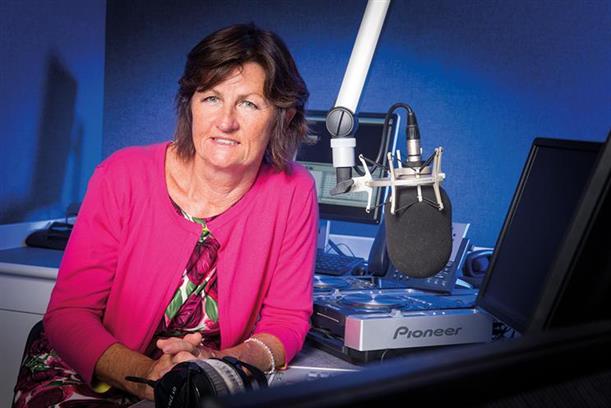They deliver a world of limitless information with huge benefits for society at large. But this has all happened so fast that only now are some of the broader ramifications of this revolution emerging. Serious questions are being posed about the kind of society the internet is creating. Government, regulators and all who work in media and advertising are urgently looking for answers.
Sensible regulation is vital for the credibility of a thriving media industry. From the self-regulation of UK advertising to legally-enforced broadcast regulations, we must strike a careful balance between freedom of expression and responsible content. This is essential if media is to earn the trust of consumers, advertisers and legislators.
Newspapers, who lost much trust and credibility with the phone hacking scandal, are policing their own activities with the creation of The Independent Press Standards Organisation (IPSO).
It is now, however, newspapers highlighting the failings of their digital rivals. Fake news, suspected foreign interference in elections through digital advertising and some of the more unsavoury aspects of the internet regularly fill the news agenda. These are not manufactured stories but real-life issues of great importance.
2018 will be a year when the internet starts to emerge from the Wild West and take its responsibilities seriously. GDPR, the forthcoming regulation intending to strengthen and unify data protection, will empower consumers to take back control of their data. Internet giants will face further stiff fines if they abuse their dominance. Google and Facebook will need to create effective self-regulation to reassure advertisers that their ads will only appear next to appropriate content. And they will need to take further steps to neutralise fake news and electoral manipulation.
The big tech platforms have, unfortunately, been slow to move to effective self-regulation. There has been a tendency to style themselves only as distributors when they appear to be acting as publishers. Recent revelations of respected brands finding themselves, among other things, in the company of ISIS recruitment videos, have provoked advertisers to re-examine the whole system of programmatic advertising. P&G recently cut $140m of digital ad spend because of brand safety concerns.
It feels as though we are at a crucial point as big brands take a long hard look at their advertising schedules through the all-important prism of consumer trust. There are several official investigations into fake news and illegal electoral advertising currently being held in Parliament which will conclude next year.
Governments are examining what constitutes practical, sensible regulation which upholds the interest of citizens in line with longstanding broadcasting practice. Theresa May has highlighted the need for consistency in regulation for both online and offline media.
Like other broadcasters, the commercial radio industry accepts that in return for access to huge audiences (UK commercial radio has achieved a record audience of 36 million listeners this year), compliance with broadcasting standards set by Government and overseen by regulators is part of the deal.
We do, after all, reap the benefits of those large audiences by being able to sell advertising to gain access to them. And while content regulation may be challenged and changed, the industry still has a responsibility to adhere to the rules which are ultimately in place for the interest of the public.
The benefits to our democracy of sensibly-regulated media are clear. People are turning to radio and TV as trusted news sources. Research by the Radiocentre earlier this year showed radio is the most trusted medium for news – even above TV - confirming similar research findings by Ofcom and others.
The theme of trust will continue to be centre stage in 2018 and beyond. Trust takes years to build and with 44 years under its belt, commercial radio has earned a level of trust that listeners still value and cherish. The challenge for the internet giants and newspapers will be to achieve something similar.
Siobhan Kenny, chief executive, Radiocentre


